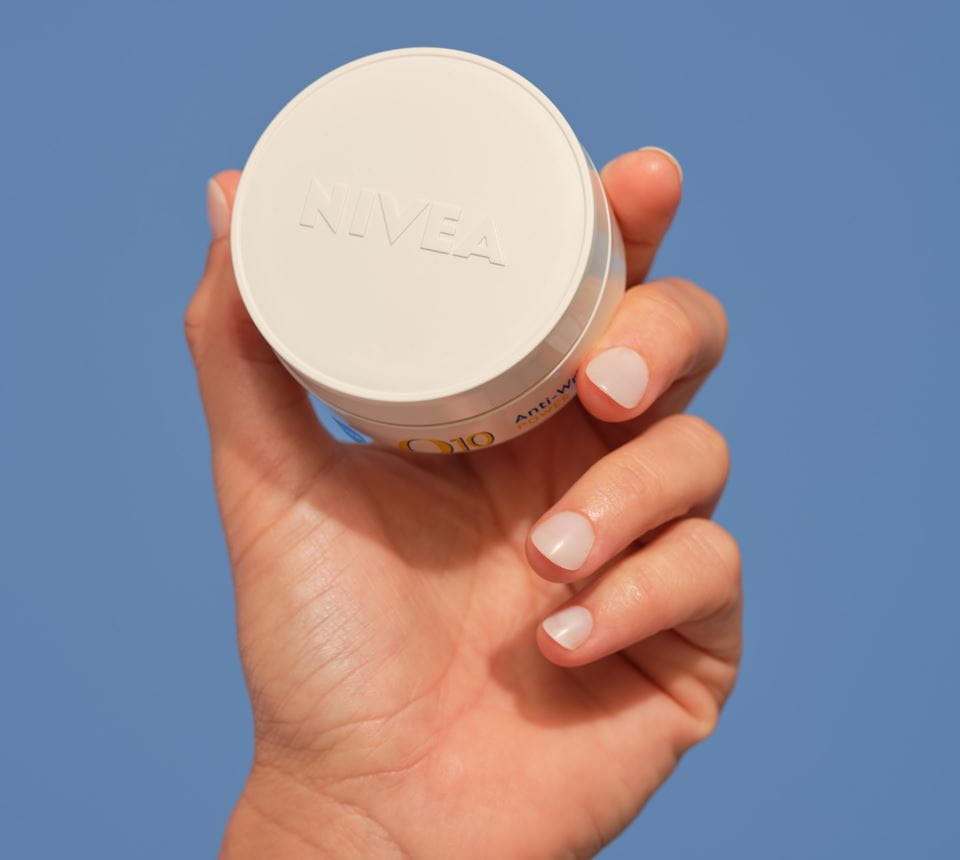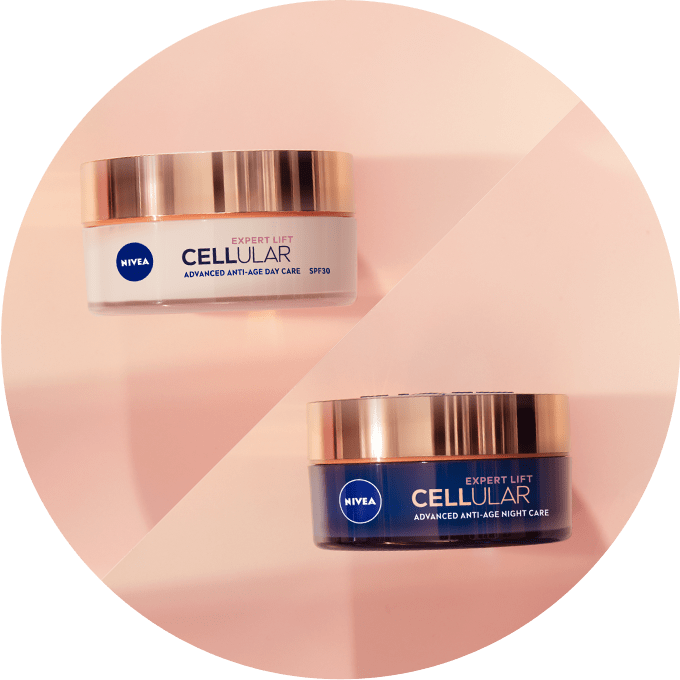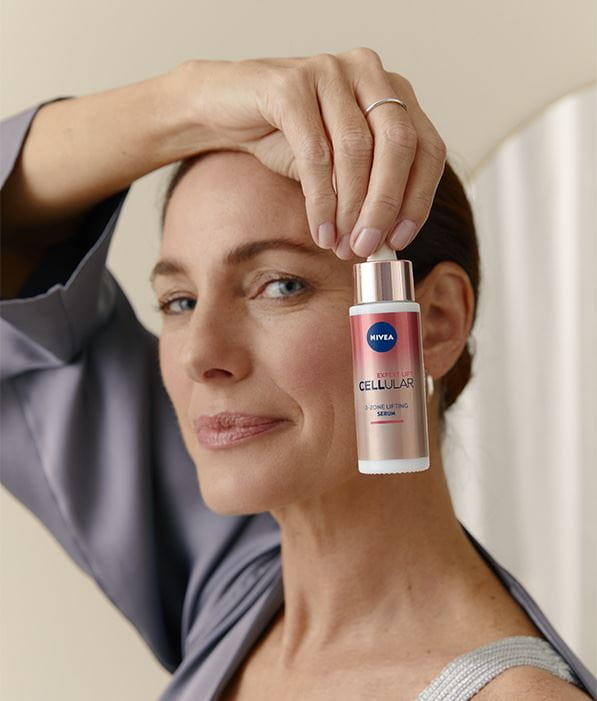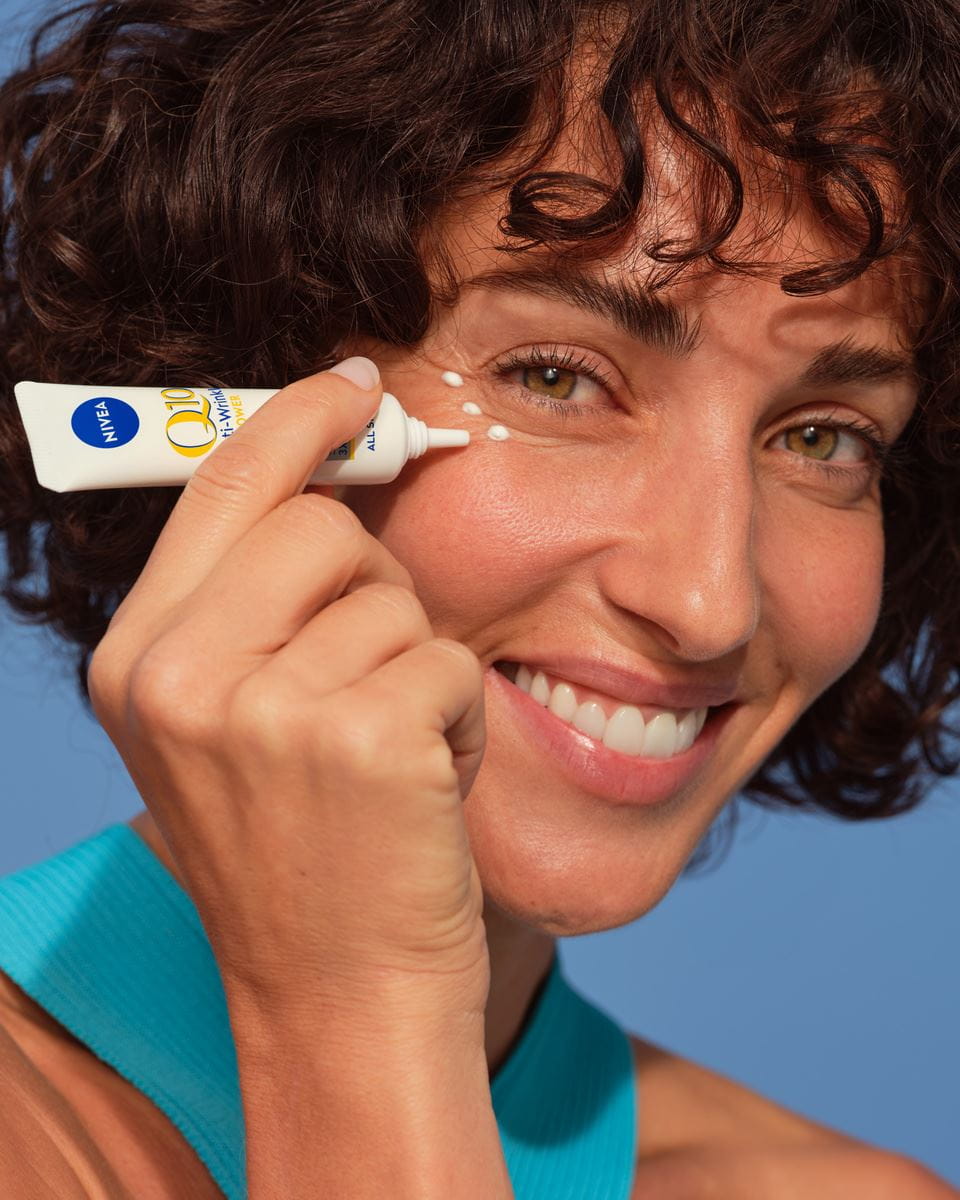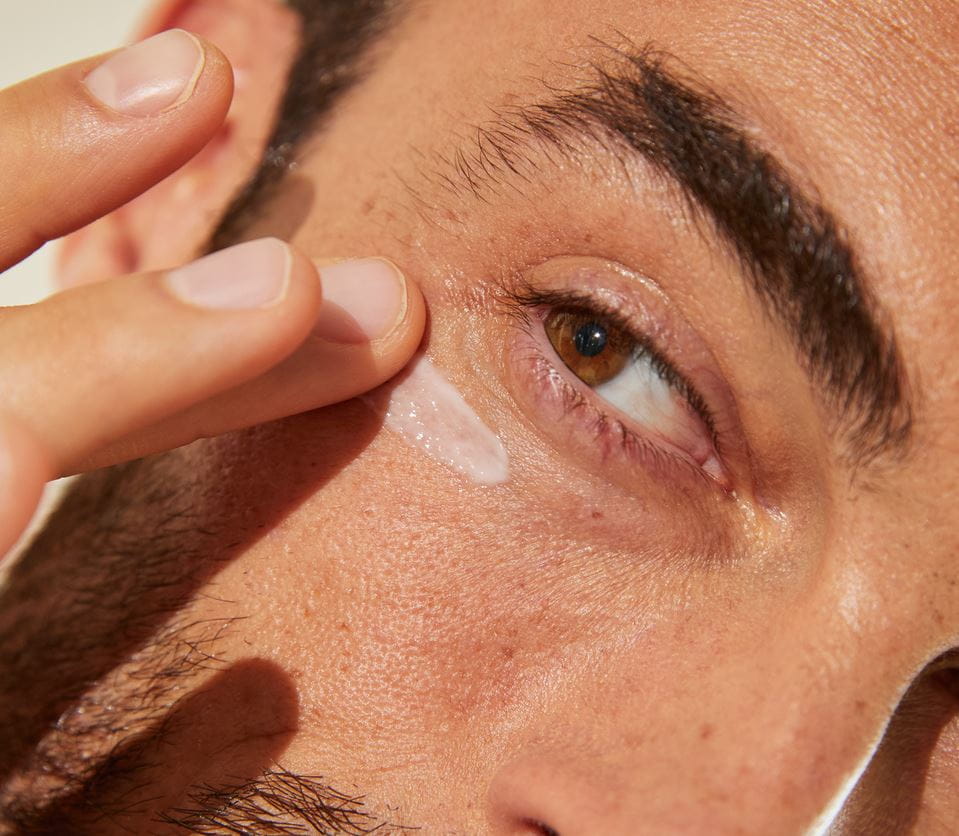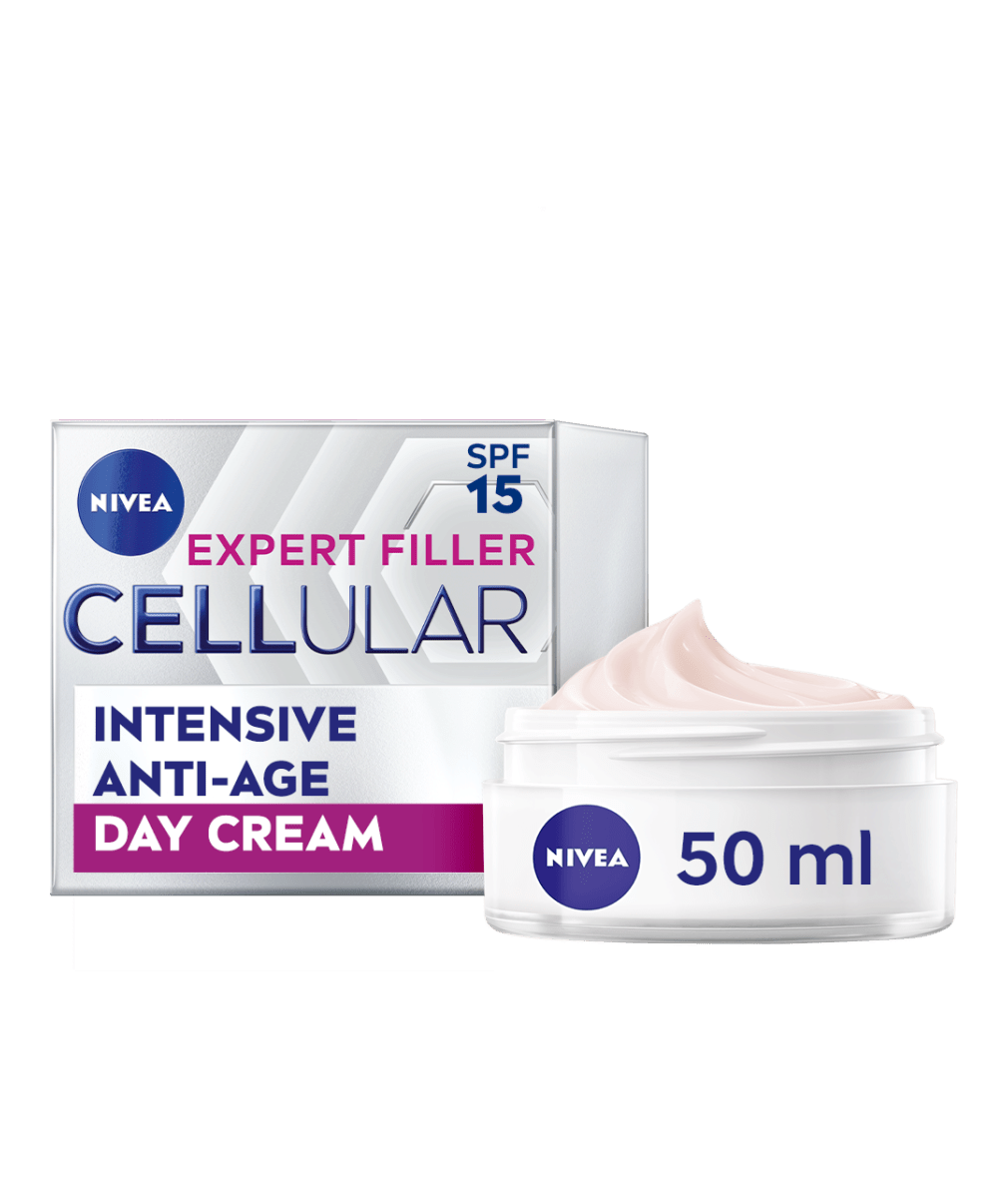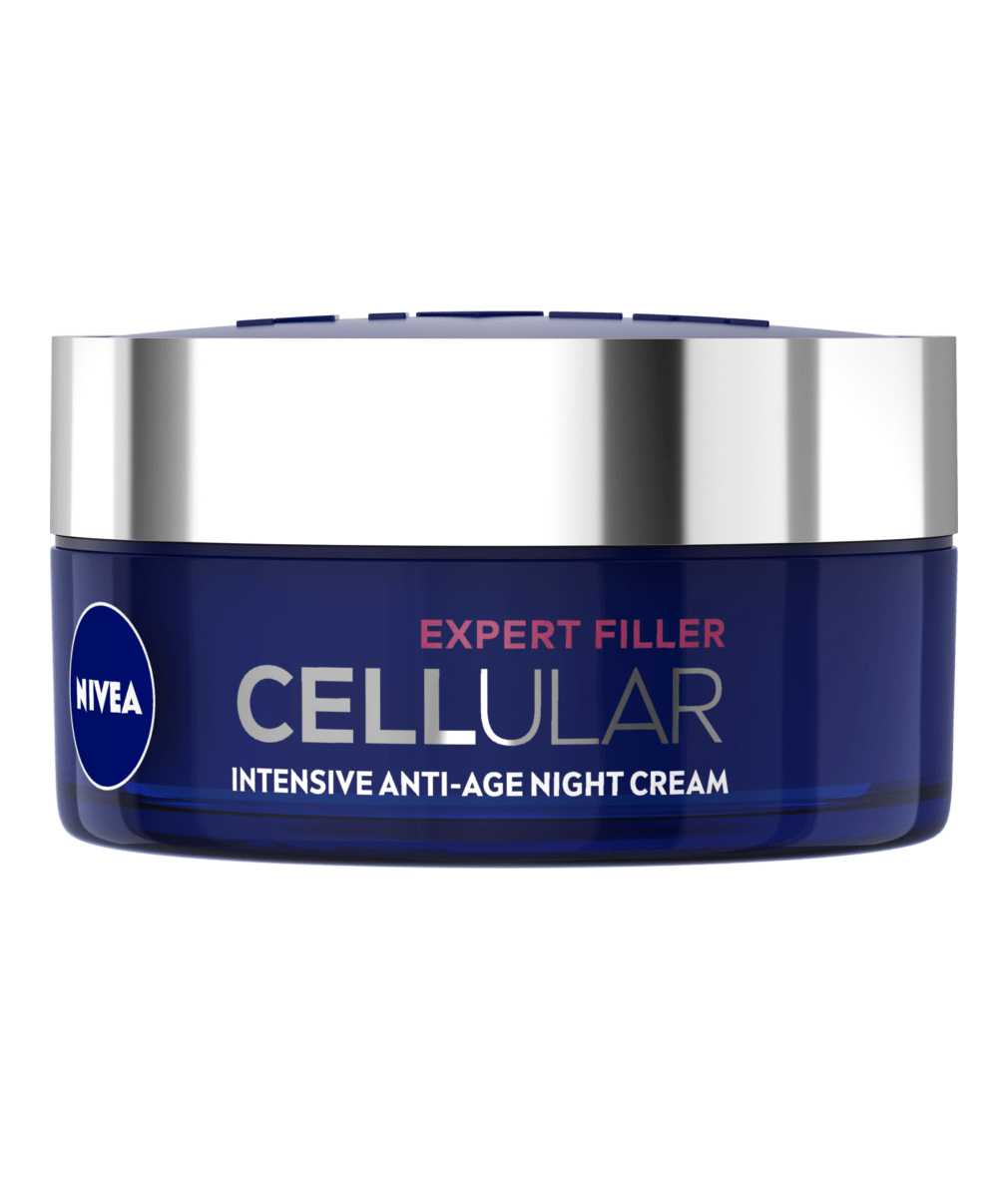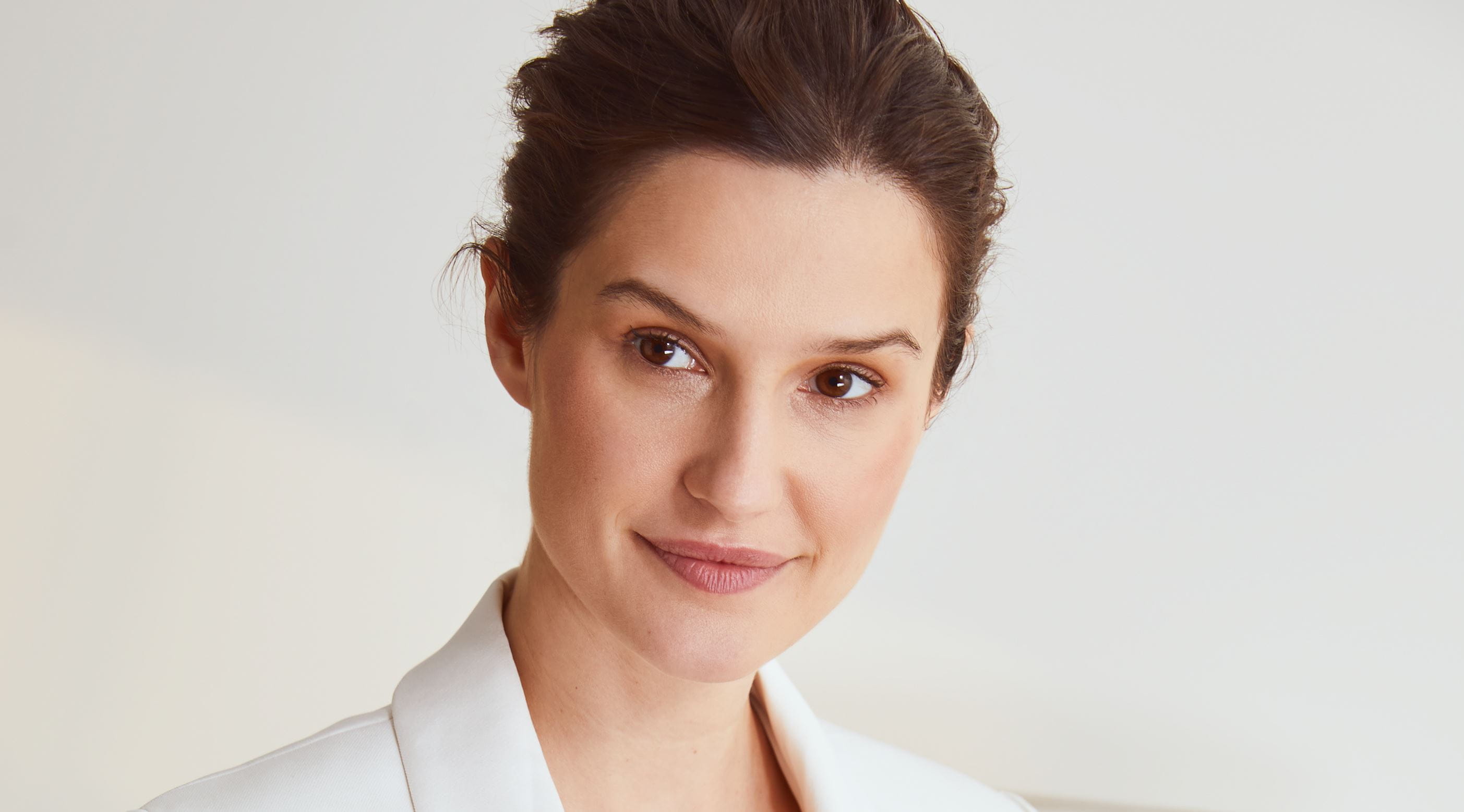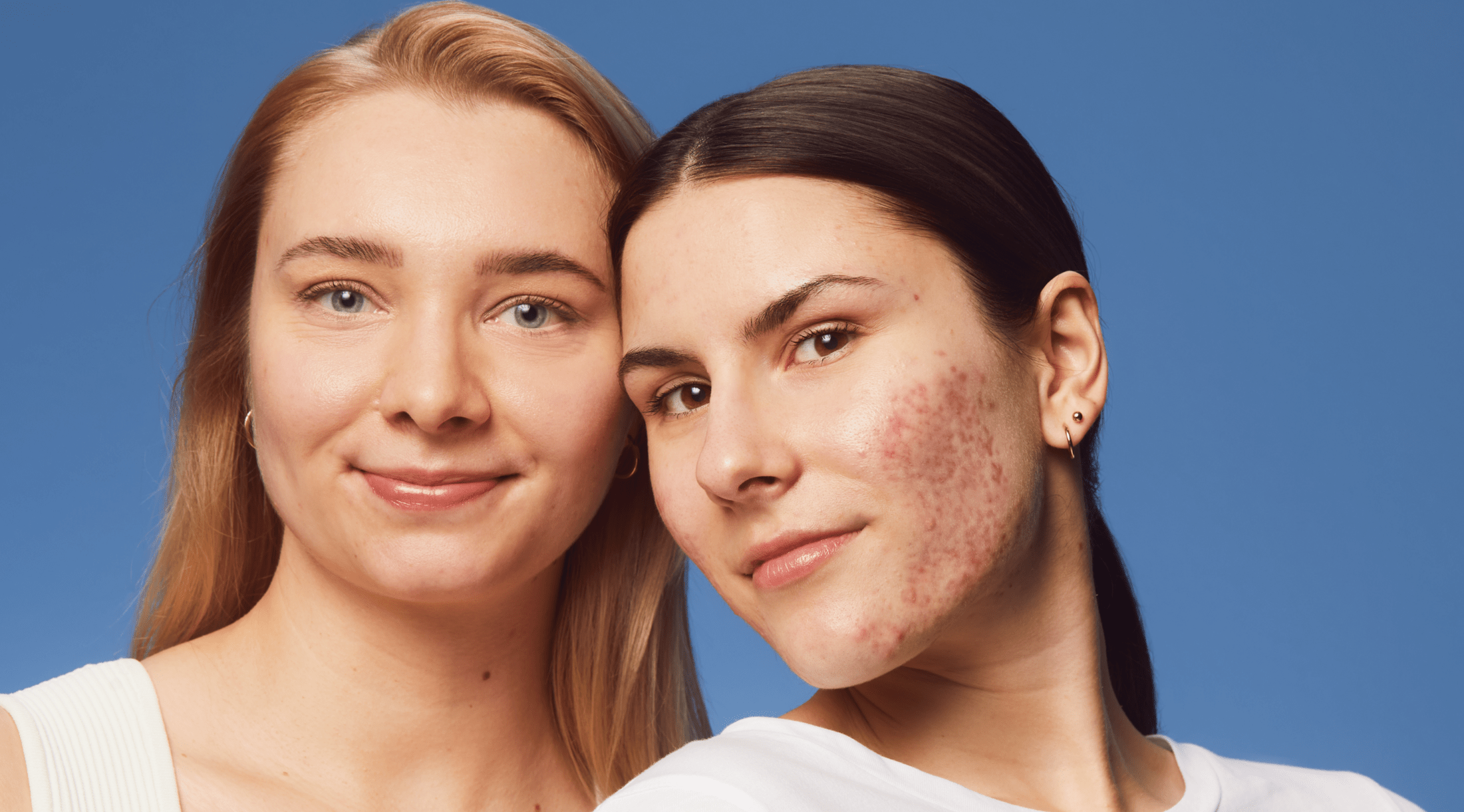
What Moisturiser Should You Use and Why?
What's the difference between a day cream and a night cream? Learn how to choose the face cream best suited to your skin.
What's in the article?
Moisturiser for the Face
Face cream is one of the most important steps in any skincare routine, so it’s important to find the right one for you. Depending on your skin type or concerns, choose a cream that contains the right ingredients, whether it’s SPF for the daytime or regenerating ingredients that repair the skin while you’re asleep.
What Does Moisturiser Do?
Which Face Cream Is Best for Daily Use?
Choosing the right daily face cream can make a difference in your skincare routine. Here are some factors to consider when looking for a face cream that works for your skin:
Tips for choosing a Face Cream for Dry Skin
What Is the Difference Between a Day Cream and a Night Cream?
Day creams generally have a lighter texture and often contain SPF and antioxidants to help protect your skin from the sun and the effects of pollution.. Night creams are richer and focus on repairing the skin while you sleep, with ingredients like Dexpanthenol, Retinol and Peptides,to keep skin looking healthy and nourished.
Which Face Cream Is Best For Daily Use
Facts Overview
Can I Use the Day Cream at Night?
It’s recommended to use both a day cream and night cream to address the specific needs of your skin throughout the day and during restorative sleep periods. While day and night creams are intended to serve their own purposes, using a day cream at night can be a temporary solution in certain situations.
While using a day cream at night can provide basic hydration, but it can lack specialised ingredients to support night-time repair like Dexpanthenol, Retinol and Peptides. Day creams also typically have a lighter texture that might not offer as much hydration as thicker night creams.
While using a day cream at night can provide basic hydration, but it can lack specialised ingredients to support night-time repair like Dexpanthenol, Retinol and Peptides. Day creams also typically have a lighter texture that might not offer as much hydration as thicker night creams.
4 Step Day & Night Skincare Routines
How to use day and night cream - a simple and effective 4 step skincare routine:
Skincare from 30
As you enter your 30s, it is beneficial to introduce anti-ageing ingredients into your skincare routine to prevent premature signs of ageing. Key ingredients include:
What Is a Good Face Cream After 40?
As you transition into your 40s, the focus shifts towards skincare products that specifically target Collagen and Elastin production, which naturally decline with age, both of which naturally decline over time. When choosing a face cream for your 40s, opt for formulations containing active ingredients such as:
NIVEA Cellular Range
Face Cream for Men
Facial Care for Men Over 50
Summary
Choosing the right face cream and maintaining a regular skincare routine is essential for healthy-looking skin. Concentrate on ingredients that meet your specific needs, such as moisturising or reducing skin irregularities or imperfections. When finding the perfect products it's important to understand your skin type and concerns, and to be patient. In fact, it can take several weeks of regular use before you see significant results. Always protect your skin with sunscreen and adjust your routine if necessary to get the best results.

